
Vegetables To Clean Your Arteries And Prevent Heart Attack
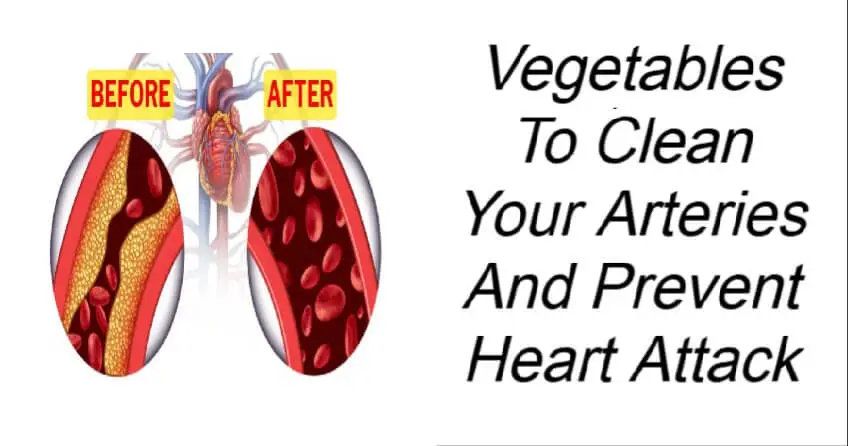
Clogged arteries represent a significant yet often overlooked health risk, potentially leading to heart attacks, strokes, and other severe cardiovascular issues. Thankfully, a diet rich in vegetables can play a vital role in cleansing the arteries and protecting heart health. Here are 10 potent vegetables that promote arterial health and help minimize the risk of heart disease.
1. Garlic
Garlic is a powerful natural cleanser for the arteries. It works to reduce cholesterol levels and control blood pressure. The compound allicin found in garlic has been shown to relax blood vessels, which improves circulation and overall heart health.
2. Spinach
Spinach is packed with nitrates, folate, and potassium, all of which contribute to lowering blood pressure and enhancing arterial function. Additionally, spinach is rich in antioxidants, which help reduce oxidative stress—a factor that can damage blood vessels over time.
3. Broccoli
Broccoli is an excellent source of fiber, vitamin K, and antioxidants. These nutrients help prevent the accumulation of calcium in the arteries, a condition that can lead to blockages. Broccoli also supports reducing inflammation, which is essential for maintaining a healthy cardiovascular system.
4. Asparagus
Asparagus contains anti-inflammatory compounds that help manage blood pressure and reduce the risk of blood clots. It also supports the body's natural detoxification processes by increasing the production of glutathione, a potent antioxidant known for its detoxifying properties.
5. Beets
Beets are high in dietary nitrates, which are converted into nitric oxide in the body. Nitric oxide plays a crucial role in relaxing and dilating arteries, enhancing blood flow, and reducing blood pressure. Including beets in your diet can significantly support heart health.
6. Carrots
Carrots are rich in beta-carotene and soluble fiber, both of which contribute to lowering levels of LDL (bad) cholesterol. The antioxidants in carrots also provide benefits for overall heart and artery health, helping to maintain clean and healthy blood vessels.
7. Tomatoes
Tomatoes are loaded with lycopene, a potent antioxidant that prevents the oxidation of LDL cholesterol. This process is critical since oxidized cholesterol can cause plaque buildup in the arteries. Regular consumption of tomatoes is associated with improved blood vessel function and a reduced risk of heart disease.
8. Kale
Kale is a nutritional powerhouse, containing high amounts of fiber, antioxidants, and omega-3 fatty acids. These nutrients work together to reduce the formation of plaque in the arteries, while also helping to lower cholesterol levels, promoting overall cardiovascular health.
9. Brussels Sprouts
Brussels sprouts are highly effective in reducing inflammation in blood vessels, a key factor in preventing cardiovascular disease. These vegetables are rich in vitamins C and K, both of which are vital for keeping arteries healthy and functioning properly.
10. Onions
Onions contain a variety of beneficial compounds, such as flavonoids and sulfur, that assist in lowering cholesterol, reducing inflammation, and preventing blood clot formation. These properties make onions an excellent addition to a heart-healthy diet.
Final Thoughts
Maintaining a heart-healthy lifestyle starts with the foods you eat. By incorporating these 10 vegetables into your daily meals, you can naturally help cleanse your arteries, reduce inflammation, and significantly lower your risk of heart disease.
Pro Tip:
For optimal heart health, make sure to pair these vegetables with regular physical activity, proper hydration, and stress management techniques. The combination of a nutritious diet and a healthy lifestyle can work wonders for your heart.
By including these nutrient-packed vegetables into your regular diet, you’re not just promoting arterial health, but you're also reducing your chances of encountering serious cardiovascular conditions later in life. Remember, small changes today can make a big difference for your heart’s future.
News in the same category


If Your Body Suddenly Jerks While Falling Asleep, This Is What It Means

If You Eat Eggs Every Day
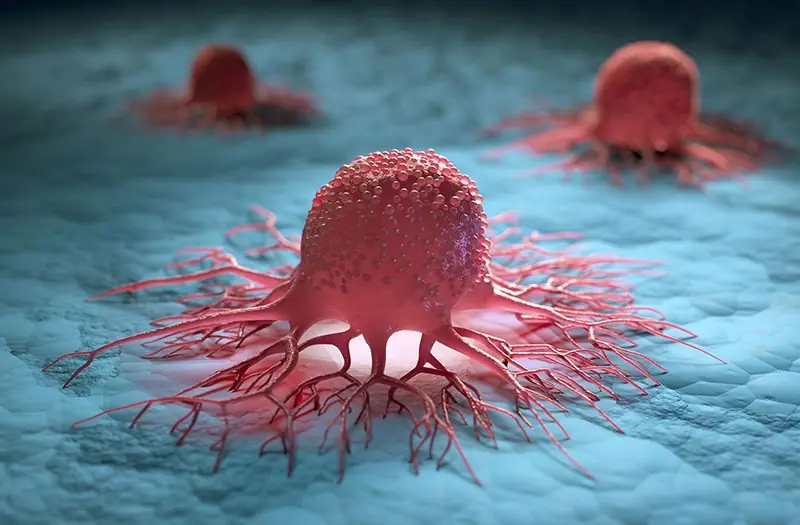
Pain in This Part of the Body Could Indicate Cancer Cells are 'Awakening' – Both Men and Women Shouldn't Ignore It
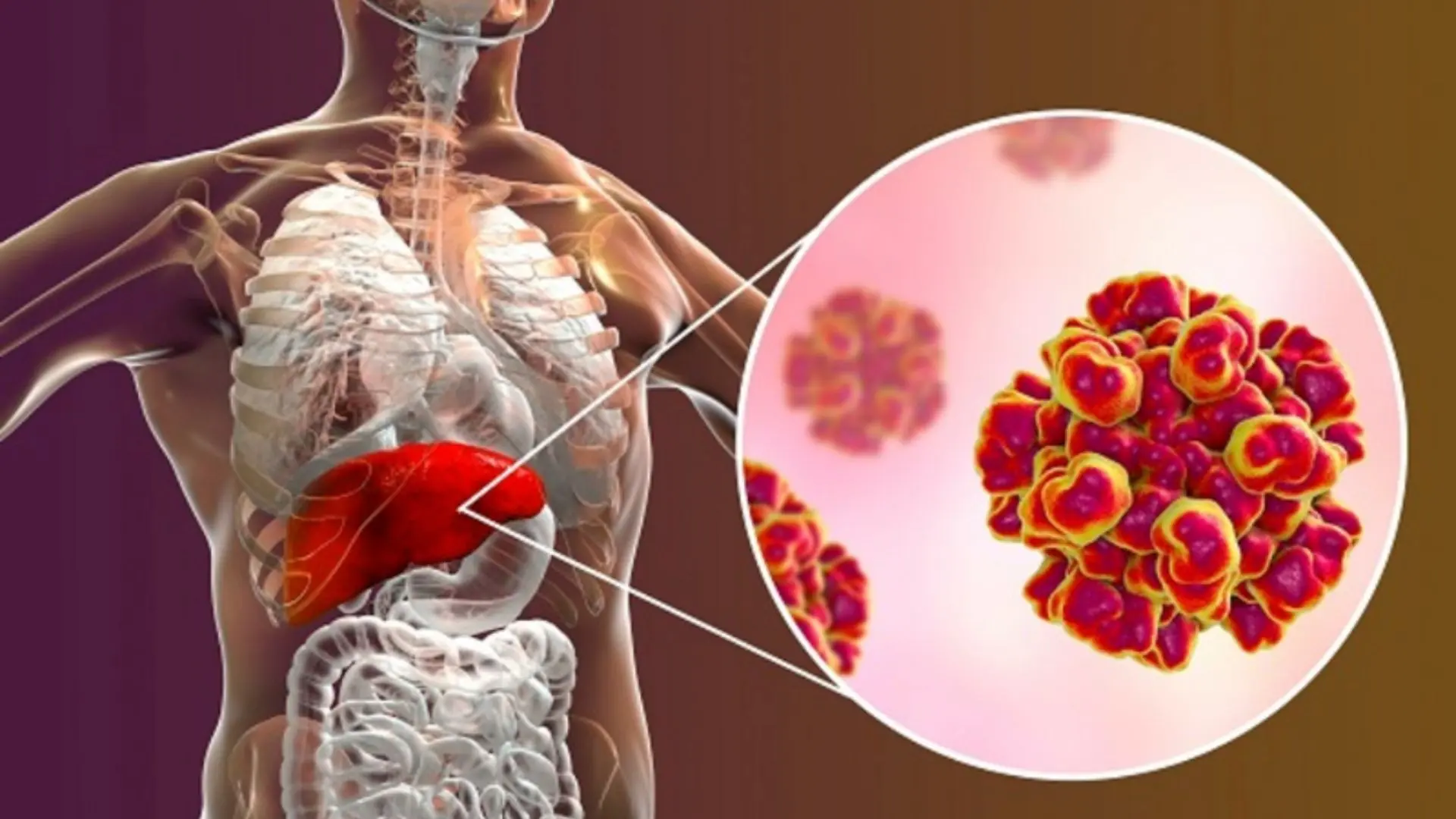
10 Unconventional Signs of Liver Damage You Must Know About
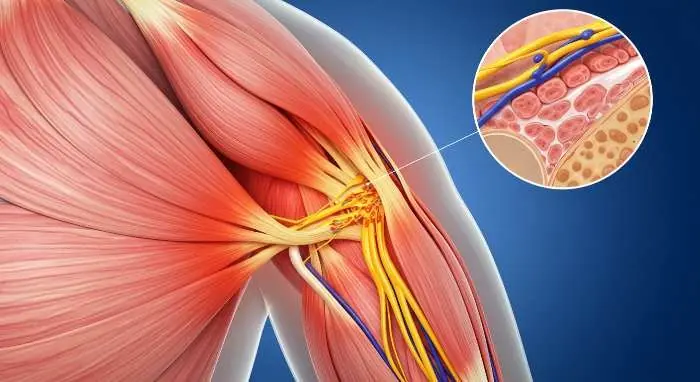
14 Early Warning Signs You're Dangerously Low on Magnesium
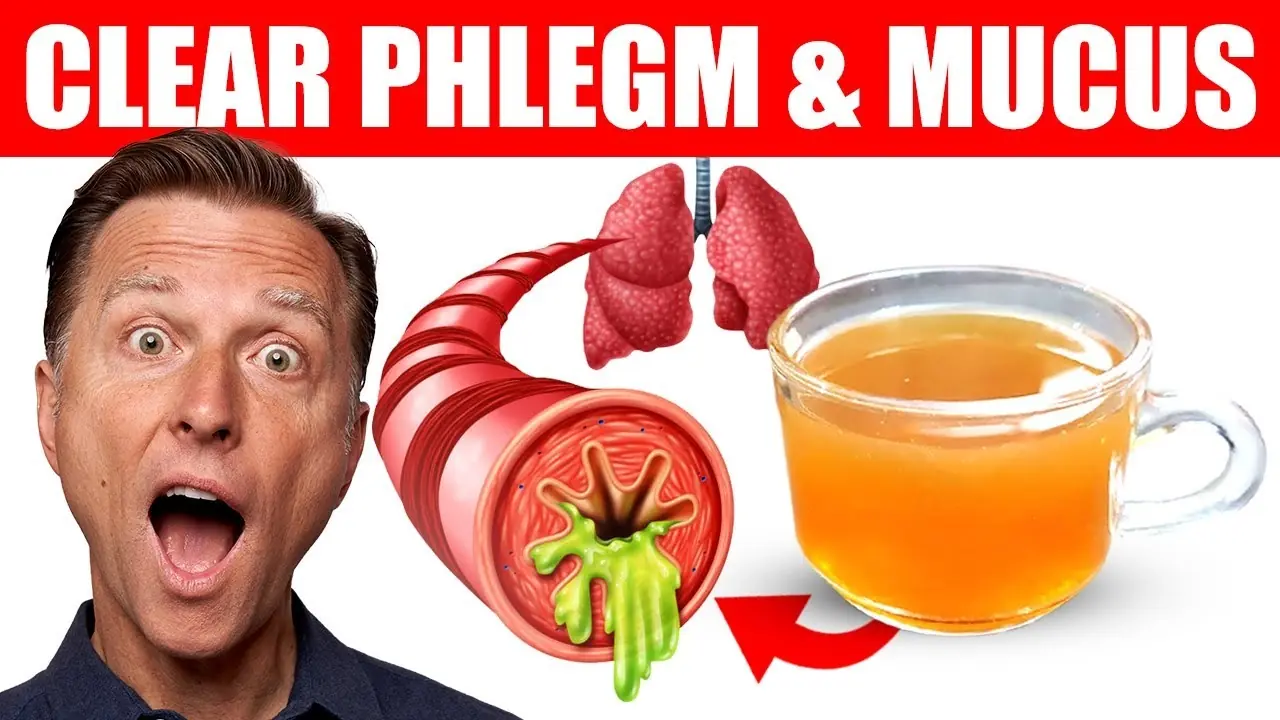
How To Get Rid Of Phlegm and Mucus In Chest and Throat

Burnout: Tips for Coping When You Can’t Just Quit
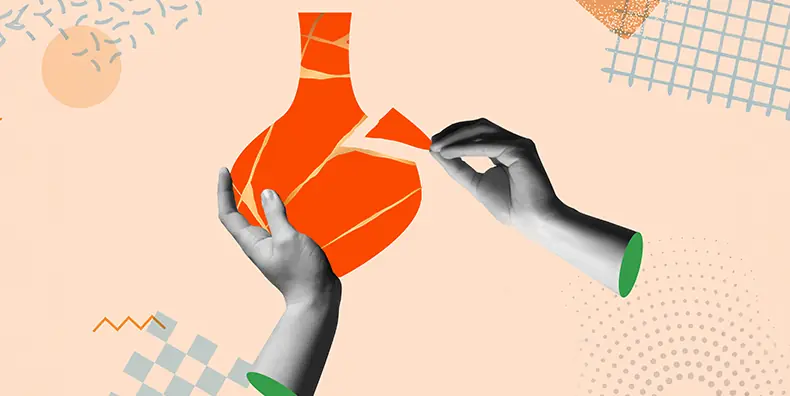
Beautifully Unbroken: Living Fully and Imperfectly With Bipolar
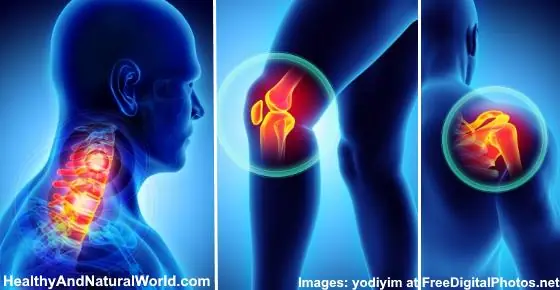
How to Get Rid of Muscle Soreness: Home Remedies That Really Work

15 Common Cancer Symptoms You Shouldn’t Ignore
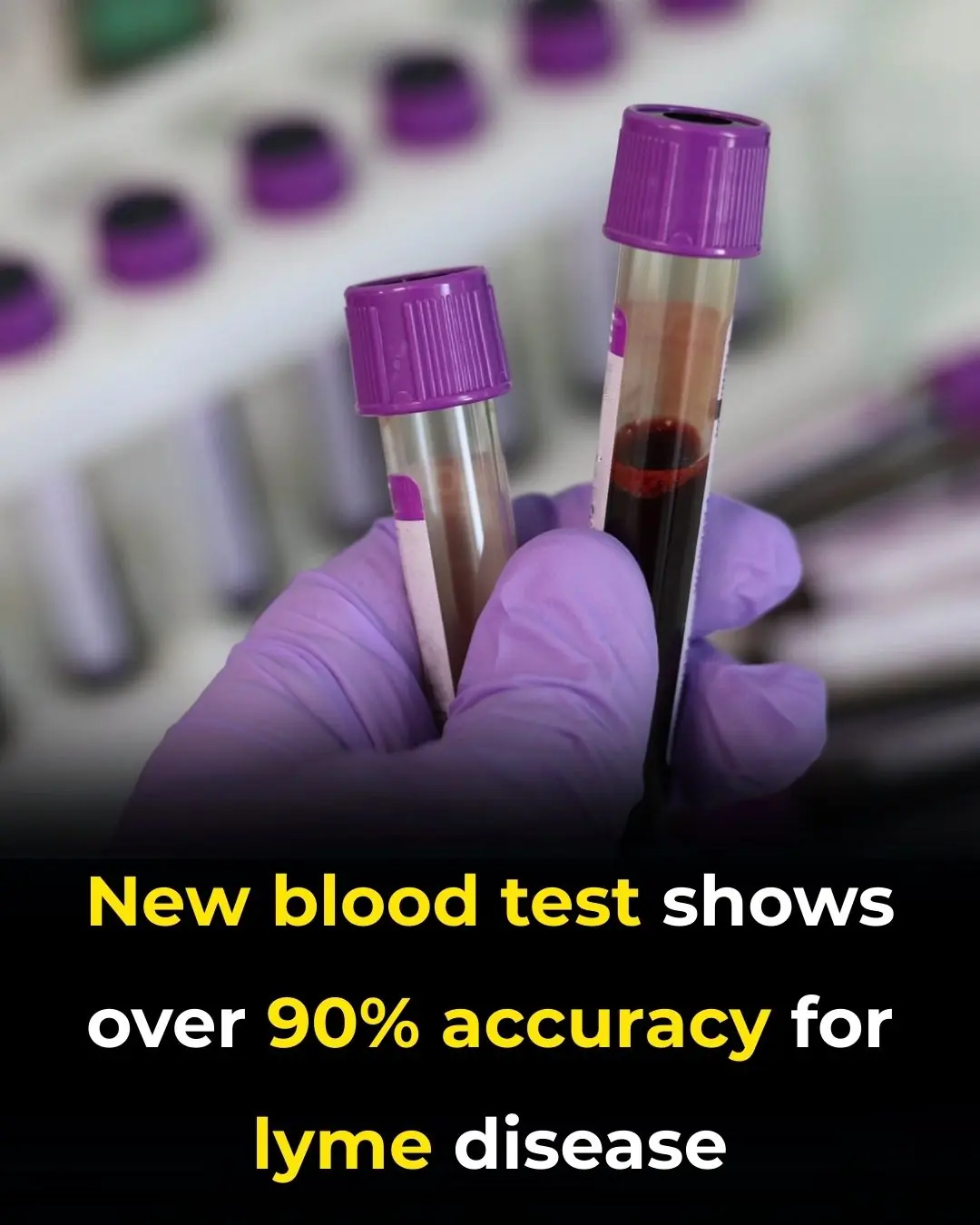
New Blood Test Shows Over 90% Accuracy for Lyme Disease

Is AI Use Causing Endoscopists to Lose Their Skills?

Florida Man Struck by Lightning Wakes Up With Heart Beating 265 Times a Minute
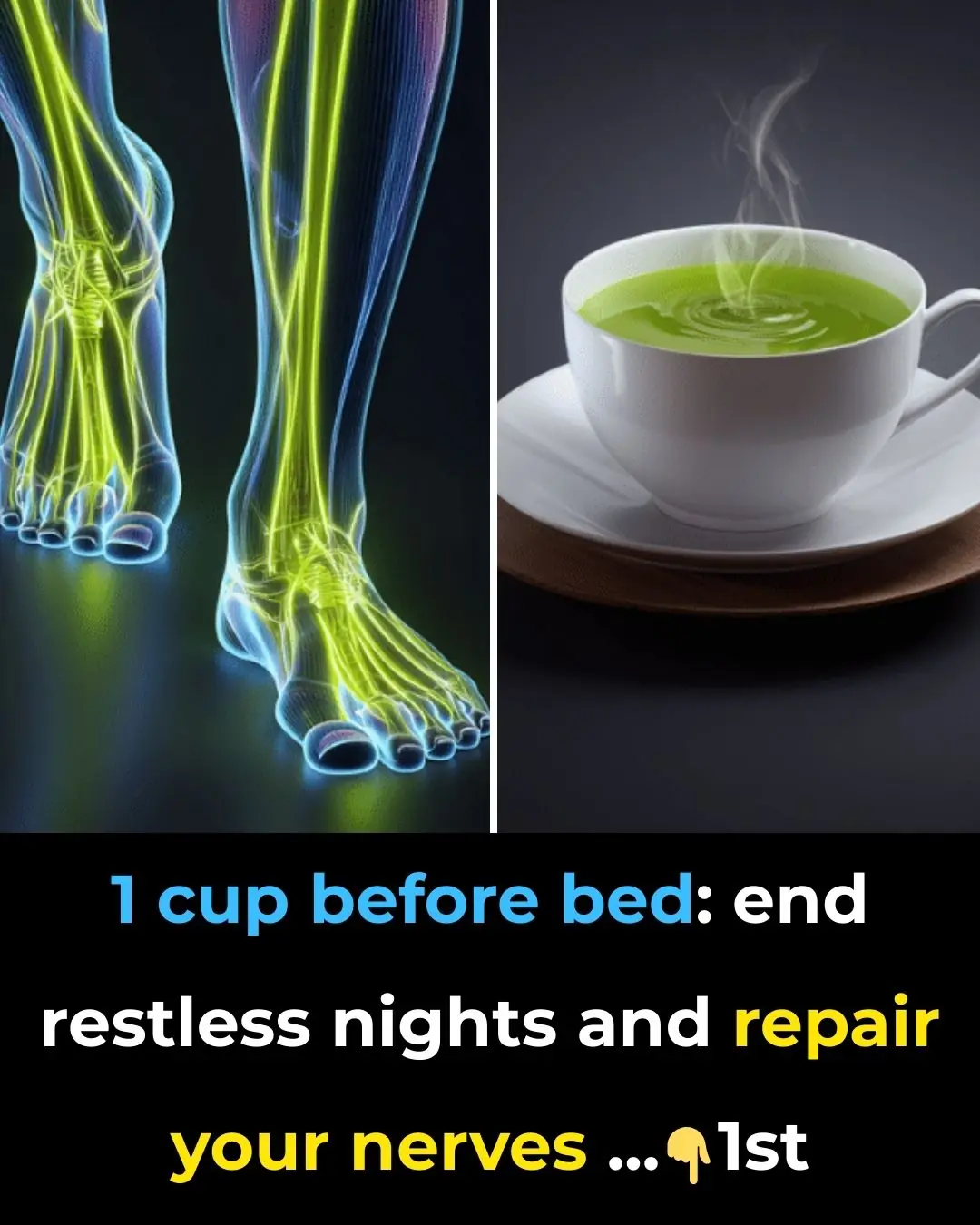
1 cup before bed: end restless nights and repair your nerves
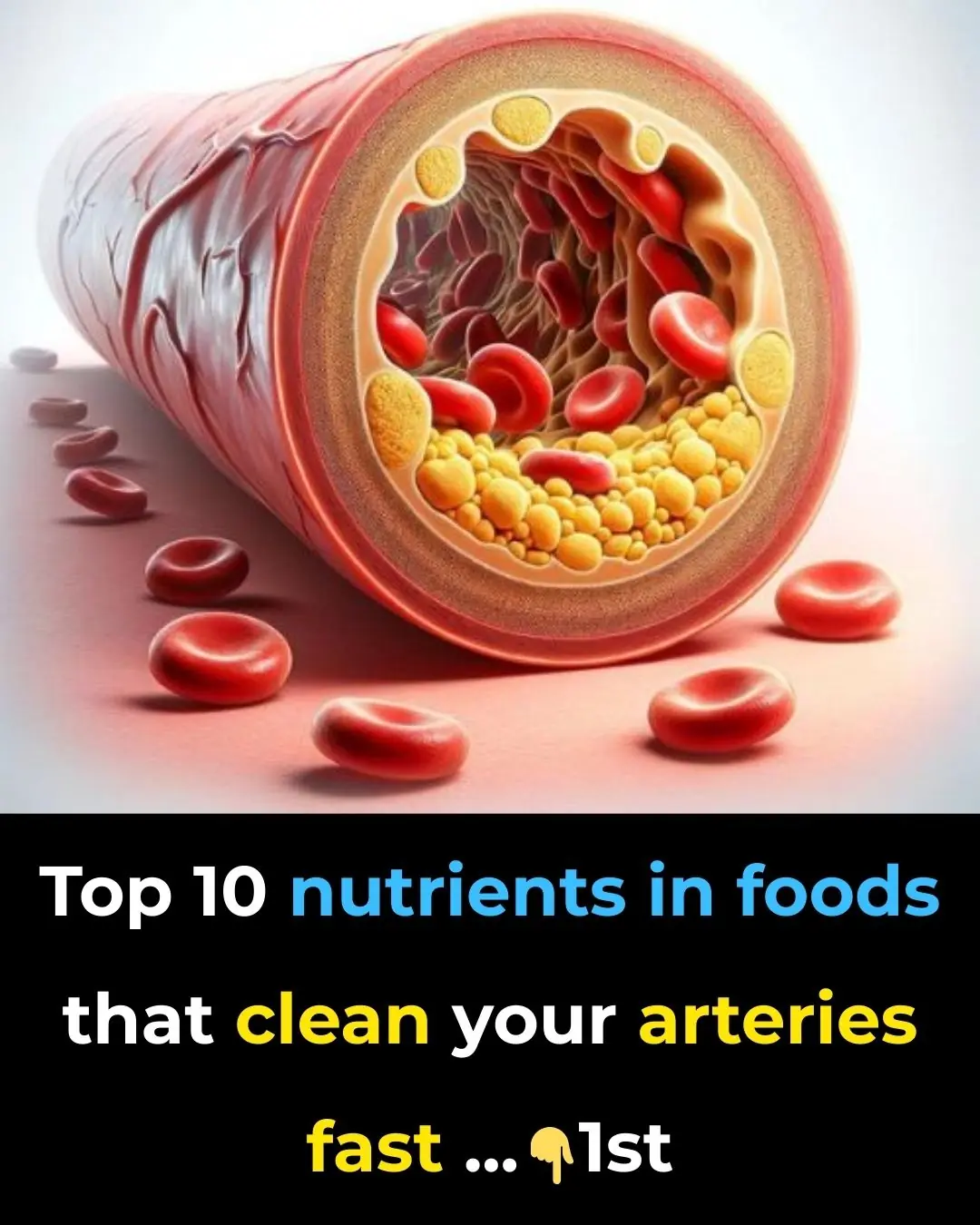
Top 10 Nutrients in Foods that Clean Your Arteries Fast

Scientists Uncover A Natural Way to Restore Vision

Remedy For Falling Asleep Quickly

Sleeping Enough But Still Tired
News Post

Arkansas woman accidentally discovers $27,000 dollars after kicking 'spiderweb' in park

Exactly how virus carried by 'Frankenstein' rabbits growing black 'tentacles' spreads following urgent warning from experts

The Elders' Teachings Are Not Wrong: "The Kitchen Should Not Face Three Directions, and the Bed Should Not Be Placed in Three Locations"

5 Types of Plants That Snakes Love: If You Plant Them in Front of Your House, Remove Them Immediately Before It’s Too Late

If Your Non-Stick Pan Has Lost Its Coating, Don’t Rush to Throw It Away. Follow This Trick to Turn Your Old Pan Into a Like-New One.

Cooking Oil Often Splashes When Frying? Add This Ingredient to the Pan, and You Won't Have to Worry About Oil Splattering or Sticking to the Pan

Is It Correct to Close the Door When Using the Air Conditioner? Here Are 5 Mistakes That Can Cause Your Electricity Meter to Increase 2-3 Times
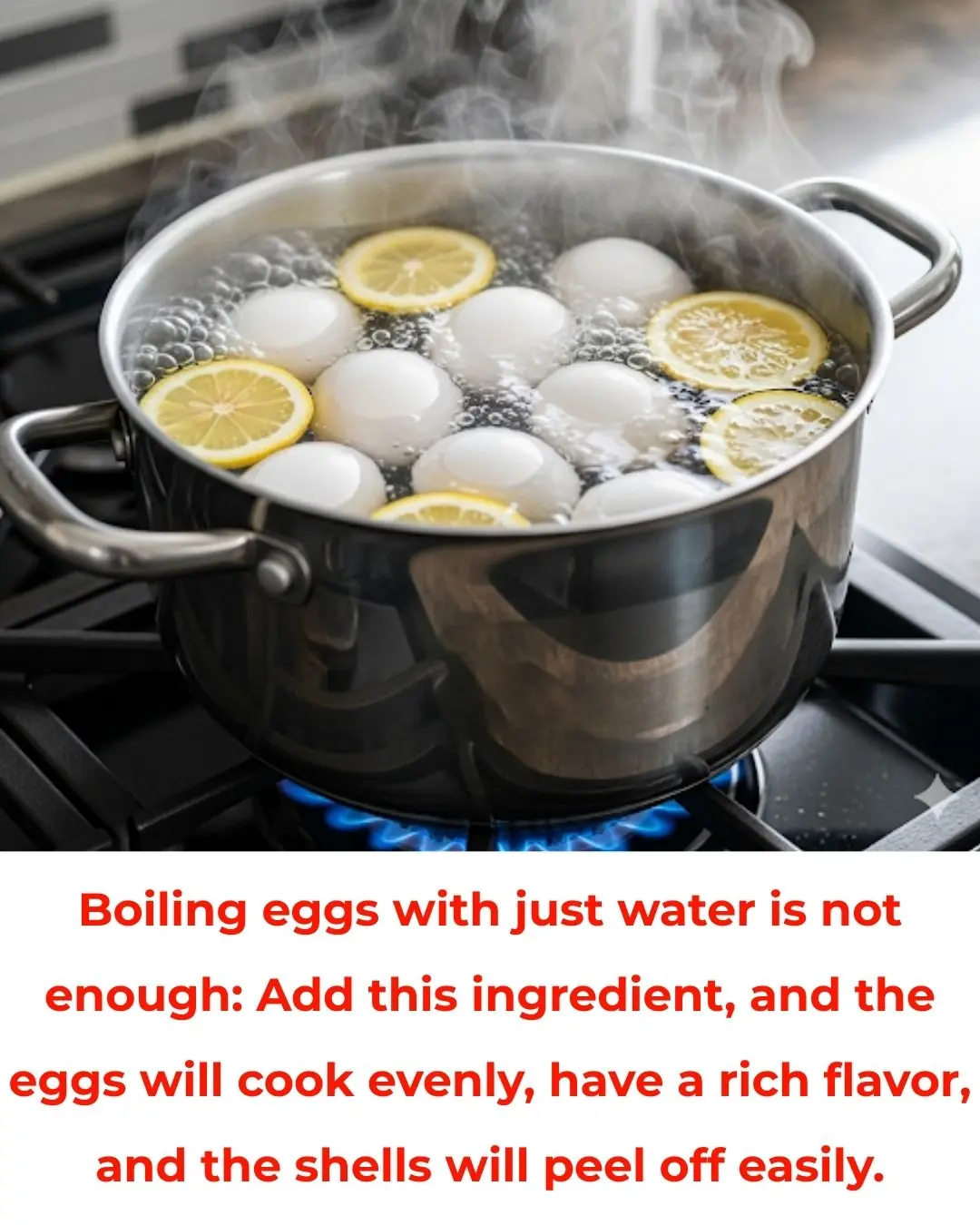
Boiling Eggs with Just Water is Not Enough: Add This Ingredient, and the Eggs Will Cook Evenly, Have a Rich Flavor, and the Shells Will Peel Off Easily

Do Not Ignore These 10 Warning Signs That Your Kidneys May Be In Danger

Buying Meat and Just Placing It Directly in the Freezer for Storage is a Mistake: The Shop Owner Shares a Trick to Keep Meat 'Fresh for a Whole Year' Without Spoiling

Sprinkle a Little of This Powder into the Oil Before Frying, Everyone Will Be Amazed by Its Incredible Effectiveness

If Your Body Suddenly Jerks While Falling Asleep, This Is What It Means

What Is This Button In The Car For

How Long Cooked Food Can Stay In The Refrigerator

If You Eat Eggs Every Day

Pain in This Part of the Body Could Indicate Cancer Cells are 'Awakening' – Both Men and Women Shouldn't Ignore It

10 Unconventional Signs of Liver Damage You Must Know About

14 Early Warning Signs You're Dangerously Low on Magnesium
